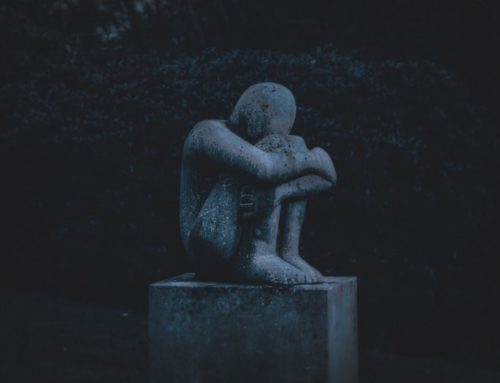 Defence mechanisms are an essential component of the human psyche and according to the Psychoanalyst Melanie Klein they are necessary for childhood development and individuation. Defence mechanisms also protect the psyche from being overwhelmed. Despite this defence mechanisms have a negative reputation in contemporary society.
Defence mechanisms are an essential component of the human psyche and according to the Psychoanalyst Melanie Klein they are necessary for childhood development and individuation. Defence mechanisms also protect the psyche from being overwhelmed. Despite this defence mechanisms have a negative reputation in contemporary society.
We are told off by friends and family for being defensive. Being in denial, repression, and regression are not viewed favourably by people we are close to. Indeed they do interfere with our capacity for intimacy with others and in fulling engaging in life. But they also protect us from being hurt.
Any given defence mechanisms is functional at a particular stage of development or in one particular context and dysfunctional at a later stage of life or in another context. When working psychoanalytically both the functional and dysfunctional aspects of defence mechanisms are honoured.
Looking at the three examples of defence mechanisms mentioned above:
- Denial abolishes sensory information to stop us being aware of painful aspects of reality. This helps us to not be overwhelmed by pain but also inhibits our capacity to see the truth or be in touch with reality.
- Repression expels or withholds ideas from consciousness. This stops us from thinking about life events or parts of ourself that are uncomfortable to think about but also interfere with our capacity to achieve our goals.
- Regression involves the return to an earlier level of development and functioning to avoid the tension of our present life. This can be helpful for creativity but interferes with our capacity to function in a responsive and mature fashion to demands of work and adult relationships.
During therapy defence mechanisms arise in the patient as painful psychological content emerges. This process is honoured and softly worked through in session. This allows the patient to know themselves better and to be more fully engaged in their relationships, work and the business of living.
In this article I have only mention three of the many defence mechanisms. There are more than thirty commonly used defence mechanisms, each with different developmental origins, different features and different pitfalls. My favourite would have to humour – which interferes with feeling of affect of painful events, but seriously how would we move forward through life without it?


